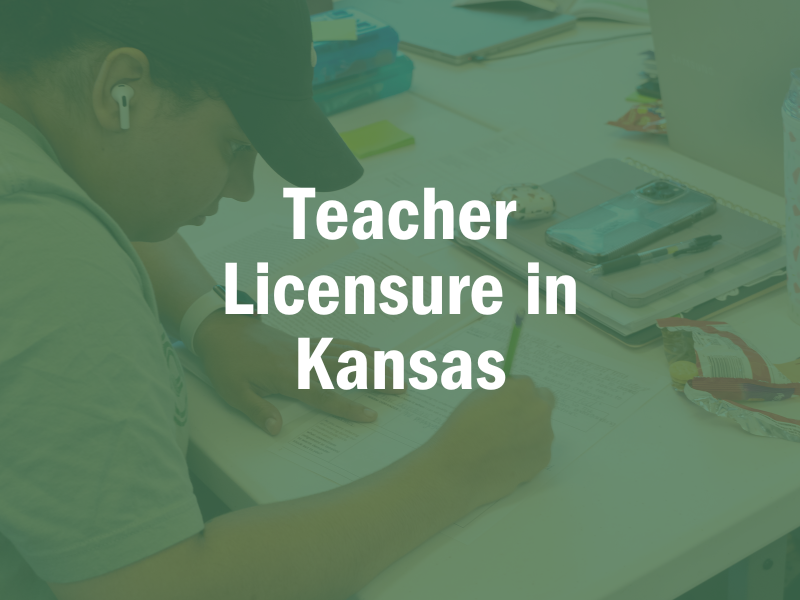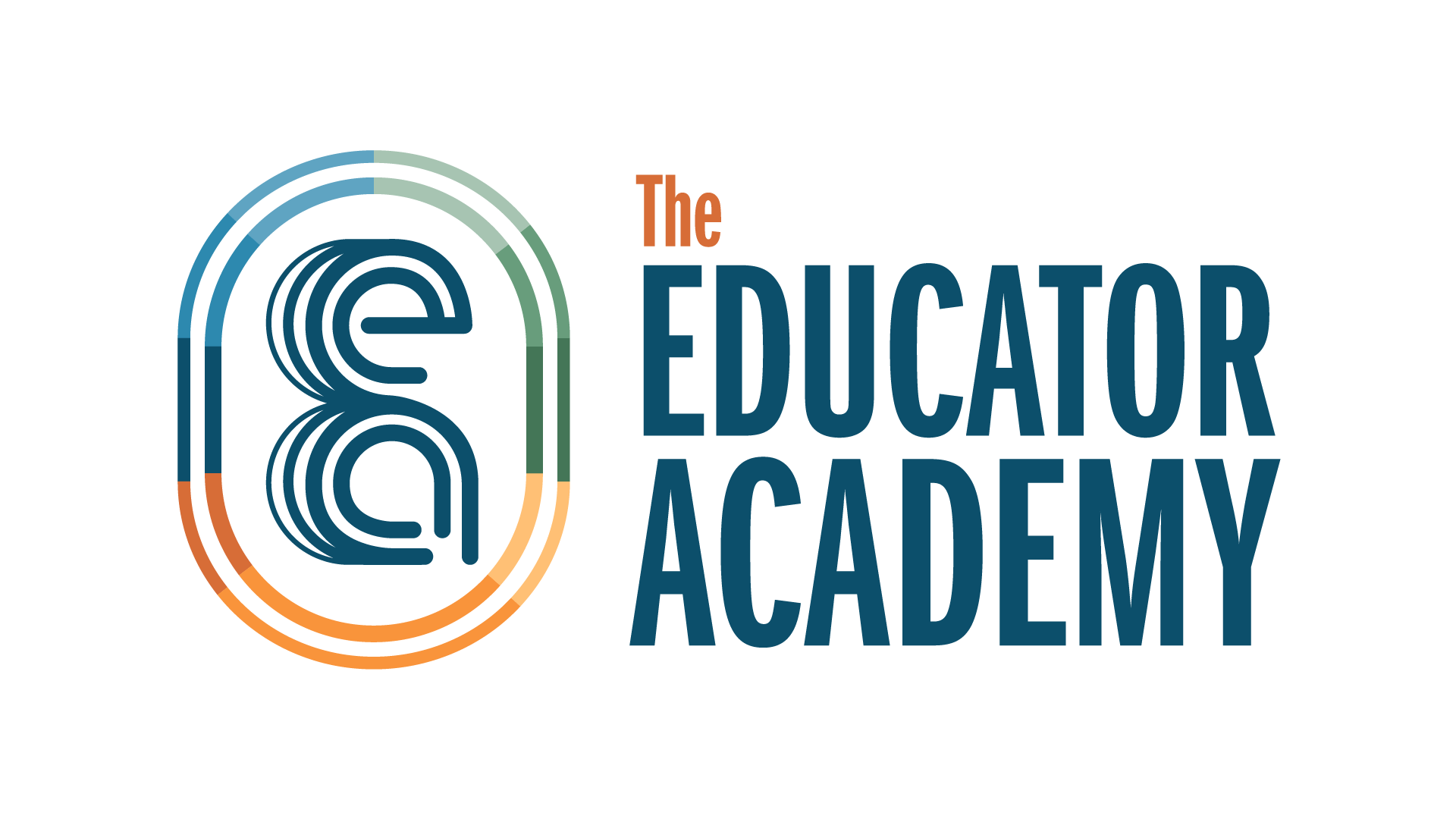
In The Educator Academy’s breakdown of how to become a certified teacher, we provided information about what teaching certification is, why it matters, and how to get certified by choosing an Educator Preparation Program and applying. A lot of the information in that post was specific to Missouri. We wanted to share this guide on obtaining a Kansas teaching license to support the many teachers who work on both sides of the state line.
For more information about teacher certification, why it matters, or how it works, you can check out this post.
Key differences
Certification vs. Licensure
Missouri and Kansas use two different names for the same item and process. Missouri uses the term “certification” to describe the credential that a teacher must have to be a fully qualified teacher. Kansas uses the term “licensure” to describe the same credential. While these terms describe the same item, it is important to know which state uses which. The Missouri Department of Elementary and Secondary Education (DESE) and the Kansas Department of Education (KDSE) use the correct terms on their websites, in literature, and any paperwork. We’ll use the term licensure throughout this post, but the points in the previous post How to Become a Certified Teacher apply, even though the term used is different.
Testing
Since 2014, the state of Missouri has used its own content assessment, called the MOCA as a requirement for certification. Kansas, on the other hand, requires that all teachers take and pass different content assessments called the Praxis. In both cases, teachers must pass an exam that is specific to the content area they wish to teach. For example, a Kansas teacher getting licensed to teach middle school math must pass the middle school math Praxis exam. The Praxis is a national assessment, which means getting study materials for the assessment is easier than finding support for the MOCA, which is only offered and required in Missouri. This will change, starting in 2024, with both states requiring the Praxis, but with each requiring different tests.
Alternative Routes and EPPs
One difference between Kansas licensure and Missouri certification is that Kansas does not have Education Preparation Programs outside of universities. As we discussed in our guide How to Become a Certified Teacher, Missouri has two EPPs that can certify teachers that are not IHEs: The Educator Academy and The St. Louis Teacher Residency.
Kansas has reasons for this choice. The most important thing to know is that any program offering a teaching license in Kansas either a) a university or college, b) partnering with a university or college to offer licensure, or c) helping individuals gain a teaching certificate in Kansas through transferring a license from out-of-state. The latter of those strategies is how Educator Academy supports Residents in getting licensed and hired to teach in Kansas.
Routes and EPPs
Much like in Missouri, individuals pursuing licensure in Kansas must first decide between a traditional route or an alternative route.
Traditional Routes
Kansas has more limited options for alternative routes, and this post will focus mostly on those. If you want more information about traditional routes for licensure in Kansas, consult KSDE’s list of options, and refer back to the section on traditional routes in our post on How to Become a Certified Teacher. As a reminder, traditional routes to teacher licensure are great options for individuals who have not completed a bachelor’s degree. If you already have a bachelor’s degree these programs may not be a good fit for you.
Alternative Routes to getting your teaching license in Kansas
There are a few important Alternative Routes to teacher licensure that can help candidates earn a teaching license in Kansas
MAT Programs
Master of Arts in Teaching programs provide an opportunity for for future teachers to earn teacher licensure. Students in these programs pursue and complete a Master’s Degree in Education or a related field. These programs are offered by universities and colleges. They are strong options for individuals who want to pursue both advanced degrees and teaching jobs. They can also be expensive, with many costing more than $25,000-$35,000 to complete, before financial aid.
Residencies and Fellowships
While Kansas lacks residency or fellowship EPPs that can license directly, there are a pair of programs that work in the Kansas City metro that are still strong options.
The Kansas City Kansas Teaching Fellows program provides training, development, and coaching for individuals who want to teach within that district. By partnering with Fort Hays State University, this program can provide licensure through its Master of Science in Education program.
Another option is The Educator Academy’s Residency Program, which provides program participants with Missouri Teacher Certification, and then supports them in transferring that to Kansas as an initial teacher license.
Both of these programs offer a significant amount of development, training, and support, including stipends and other financial resources that aid applicants in completing their licenses. One key piece is the length of time: both are one-year programs, meaning it is possible to obtain your teaching license much quicker than you would be able to with other programs.
Thinking about getting your teaching license in Kansas?
Whether you want to become a teacher or are already in the classroom, The Educator Academy can help you. Furthermore, we exist to sustain empowered educators in creating equitable classroom experiences for all students. Send us a message to receive more support for your next step in education!

